Internship is the culminating clinical experience in a grad student training as a marriage and family therapist or clinical professional counselor. The internship provides students the opportunity to expand their exposure to clinical situations in settings and to additional clinical experience/training under the supervision of a licensed mental health professional in a practical real world setting.
Graduate school students take rigorous classes within the discipline they pursue. A transcript full of challenging courses shows intellectually curiosity and an internal motivation to complete high-level work. Being accepted to their educational institution’s three-year program is competitive selection process.
Masters level graduate students are required to complete an internship in an appropriate agency setting as part of their academic training. It is anticipated that this work experience will provide students with additional opportunities to put into practice the theoretical concepts and skills learned in their course work. The student and university profit from the internship experience in that the student is given the opportunity to put into practice, theory and skills learned in the classroom. Those seeking counseling benefit from low cost sessions of sessions they can provide as the students gain experience.
The university’s responsibility is not completed until the students have realistically tried out what they have learned, and feel confident in facing the challenges of the marriage and family therapy profession. In addition to providing practical experience to the MFT intern, it is expected that the sponsoring agency will also benefit from the internship experience. The student comes to the agency with an enthusiasm for learning and a willingness to accept guidance and direction from established professionals.
Following the orientation and observation phases of the internship, it is anticipated that the MFT intern should be ready to function semi-independently, and carry out many of the duties and responsibilities of a therapist. In some cases this transition may be difficult, and in most cases it involves testing theory against practice. It provides each student with the opportunity to determine his/her own strengths and weaknesses
Graduate students are expected to form mature, professional, effective interpersonal relationships with peers, program faculty, field site supervisors, clients, and other professionals. Student proactively and non-defensively seek supervision and routinely integrate supervision feedback into personal, academic, and professional arenas.
Throughout the program students will demonstrate behaviors associated with academic excellence, including excellence in writing skills, critical thinking capacity, appreciation of learning, conscientiousness, and academic integrity.
The students are at the end of a graduate program working toward a Master’s degree in Couples and Family Therapy and are strongly invested in their academic growth and development, exhibiting a strong appreciation of learning, demonstrating the capacity for excellence in critical thinking, and exhibiting high character and academic integrity.

